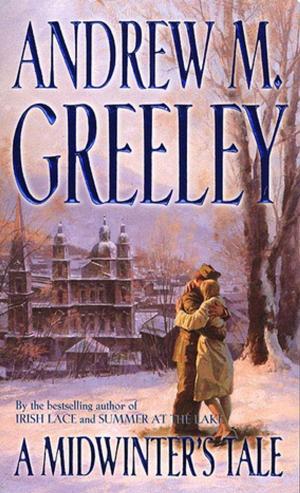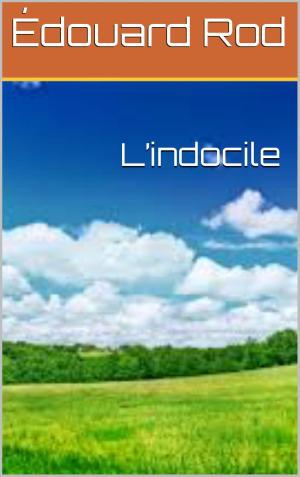| Author: | Judah Freed | ISBN: | 9780972890595 |
| Publisher: | Hoku House | Publication: | January 10, 2018 |
| Imprint: | Smashwords Edition | Language: | English |
| Author: | Judah Freed |
| ISBN: | 9780972890595 |
| Publisher: | Hoku House |
| Publication: | January 10, 2018 |
| Imprint: | Smashwords Edition |
| Language: | English |
“A Parable of Liberty Lost and Found” is the fiction preamble of my nonfiction book, Making Global Sense, inspired by Thomas Paine’s Common Sense. Paine wrote Common Sense to spark national revolution. I wrote Global Sense to spark world evolution.
Thomas Paine began Common Sense with a parable about a remote community trying to govern itself. He used the fable to show how various forms of government arise, to argue against hereditary monarchy, and to help create in America the first modern republic. In updating his parable, I aim to show how governments change when people and societies lose a genuine connection with Spirit, by whatever name we prefer for the divine creative force. We face this peril now, so I’m retelling Paine’s cautionary tale for us today, and I’m adding an optimistic alternative ending to encourage the practical idealism of common global sense.
Paine published Common Sense in Philadelphia on January 10, 1776. This ebook excerpt from my unpublished book was released on January 10, 2018.
As an experiment, I’m offering this ebook to show a prospective publisher that there's public support for my project, so the more readers I can report, the better. Your support is profoundly appreciated!
“A Parable of Liberty Lost and Found” is the fiction preamble of my nonfiction book, Making Global Sense, inspired by Thomas Paine’s Common Sense. Paine wrote Common Sense to spark national revolution. I wrote Global Sense to spark world evolution.
Thomas Paine began Common Sense with a parable about a remote community trying to govern itself. He used the fable to show how various forms of government arise, to argue against hereditary monarchy, and to help create in America the first modern republic. In updating his parable, I aim to show how governments change when people and societies lose a genuine connection with Spirit, by whatever name we prefer for the divine creative force. We face this peril now, so I’m retelling Paine’s cautionary tale for us today, and I’m adding an optimistic alternative ending to encourage the practical idealism of common global sense.
Paine published Common Sense in Philadelphia on January 10, 1776. This ebook excerpt from my unpublished book was released on January 10, 2018.
As an experiment, I’m offering this ebook to show a prospective publisher that there's public support for my project, so the more readers I can report, the better. Your support is profoundly appreciated!















